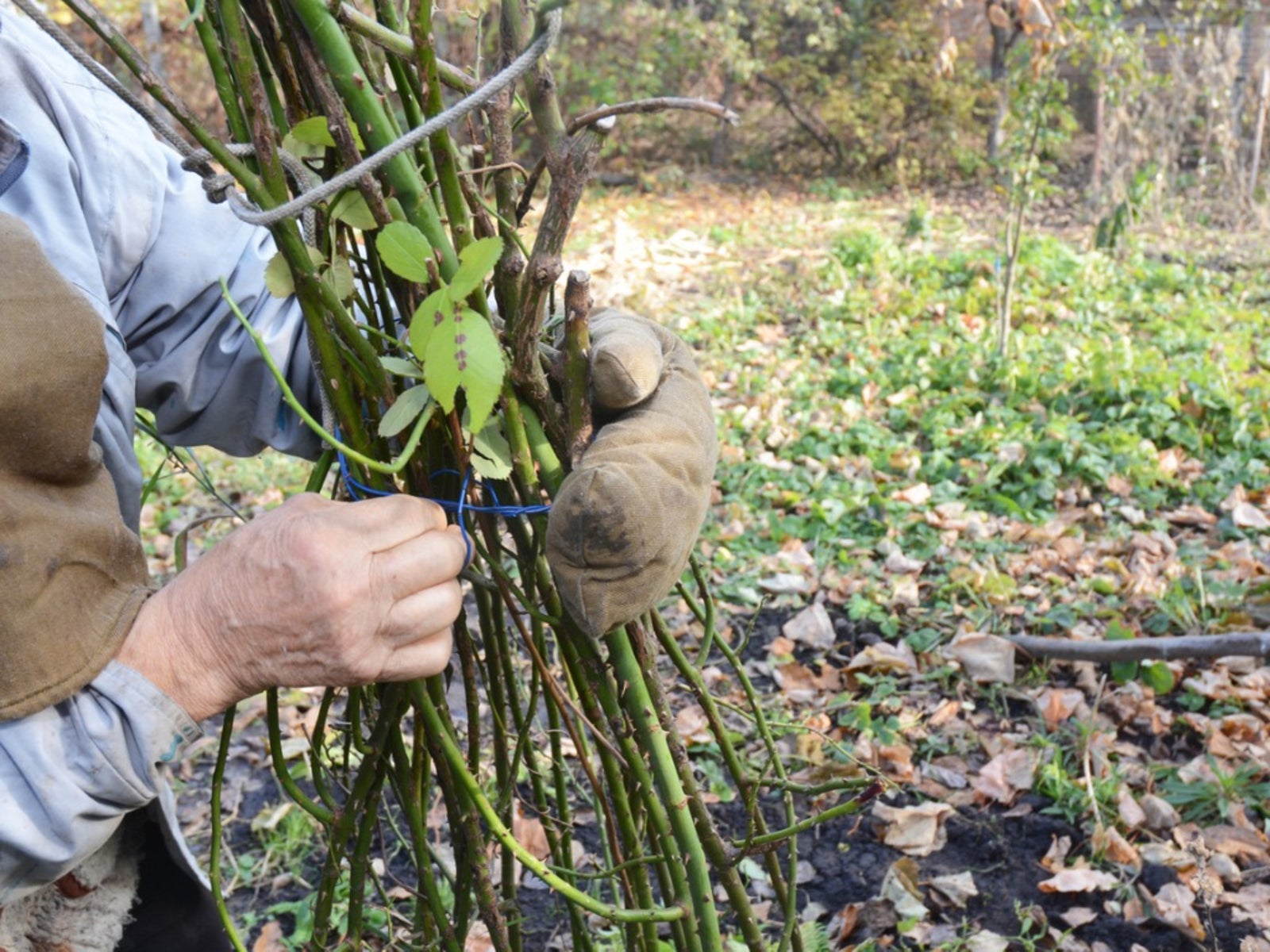How To Clean Up The Garden For Winter: Get Neat And Tidy To Save Time In Spring


Fall garden cleanup can make spring gardening a treat instead of a chore. Garden clean up can also prevent pests, weed seeds, and diseases from overwintering and causing problems when temperatures warm. Cleaning out the garden for winter also allows you to spend more time on the fun aspects of gardening in spring and provides a clean slate for perennials and vegetables to grow.
Cleaning Out the Garden for Winter
One of the key aspects of fall cleanup is the removal of potentially problem pests and disease. When you rake up old leaves and debris, you are removing a hiding place for overwintering insects and pests. The old plant material left behind is a perfect refuge for diseases such as fungal spores, which can infect fresh new plants in spring.
Garden clean up should also include maintenance of the compost pile and proper practices to prevent mold and seed bloom. Empty and spread the compost pile to protect tender perennial plants and add a layer of nutrient and weed prevention over the beds.
Any compost that was not finished goes back into the pile along with the leaves and debris you raked up. Cleaning up garden vegetable beds will allow you to till in some of the compost and begin to amend them for spring.
The perennial garden can be raked, weeded, and cut back in most zones. Zones below USDA plant hardiness zone 7 can leave the debris as protective cover for tender perennials.
All other areas will benefit from fall clean up, both visually and as a time saver in spring. Cleaning up garden perennials allows you to catalogue your plants as you make plans for ordering and acquiring new items.
Cleaning Gardens Schedule
The novice gardener may wonder exactly when to do each project. It is common sense in most cases. As soon as vegetables stop producing, pull the plant. When a perennial fails to bloom anymore, cut it back.
Gardening tips, videos, info and more delivered right to your inbox!
Sign up for the Gardening Know How newsletter today and receive a free copy of our e-book "How to Grow Delicious Tomatoes".
Garden clean up includes the weekly chores of raking, compost duties, and weeding.
When cleaning gardens don't forget bulbs and tender plants. Any plant that will not survive winter in your zone needs to be dug up and transplanted. Then they are put in the basement or garage where they will not freeze.
Bulbs that cannot overwinter are dug up, cut back the foliage, dry them for a few days and then place them in paper bags. Let them rest in a dry area until spring.
Pruning Practices When Cleaning Up the Garden
As everything else in the landscape gets tidy, it's hard to resist shaping and pruning hedges, topiaries, and other plants. This isn't a good idea, as it encourages the formation of new growth that is more sensitive to cooler temperatures. Wait until they are dormant or early spring for most evergreen and broad-leaf evergreen plants.
Do not cut spring flowering plants until after they have bloomed. Cleaning up garden plants with dead or broken plant material is done at any time of the year.

Bonnie Grant is a professional landscaper with a Certification in Urban Gardening. She has been gardening and writing for 15 years. A former professional chef, she has a passion for edible landscaping.